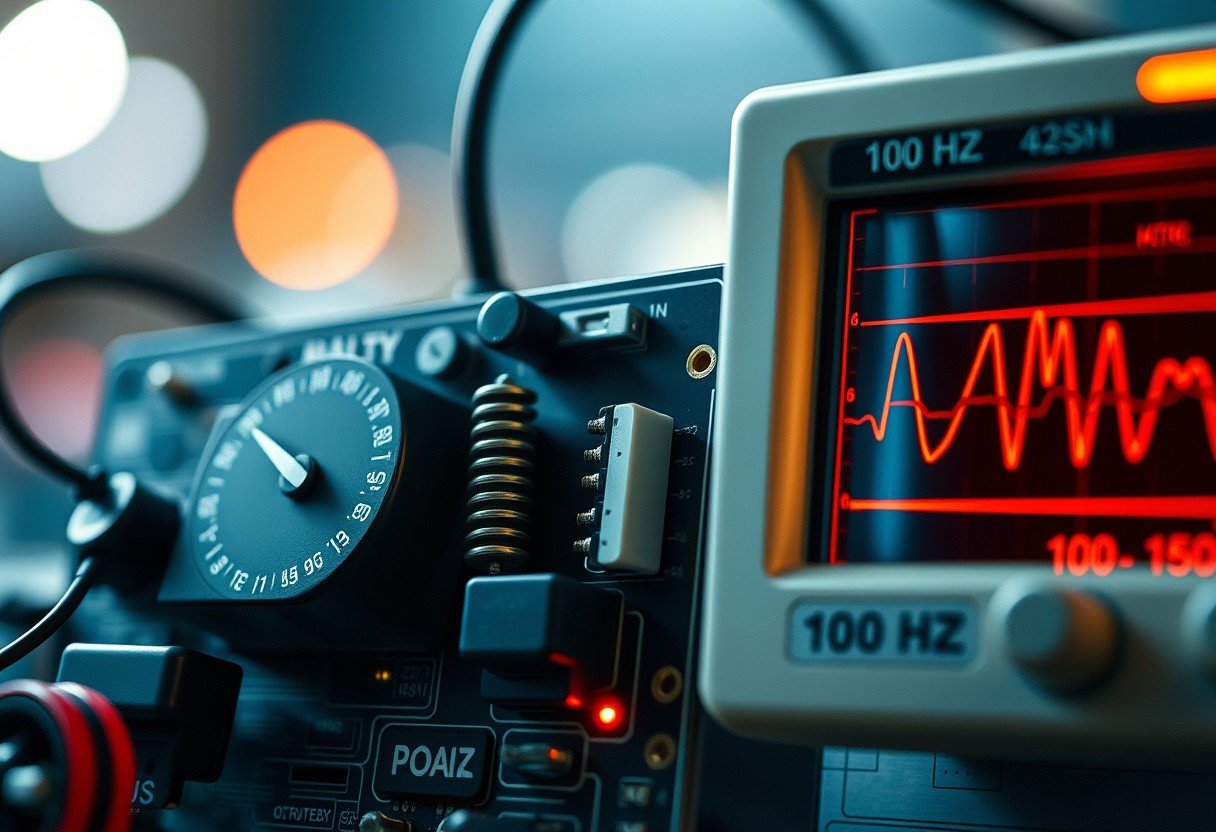When you experience racism, you might wonder what to do with the intense anger that follows. Should you hold it in to keep the peace, or is it better to let it out? This choice between suppressing and expressing anger is a critical one for your mental health. Understanding the impact of each approach can help you navigate these difficult emotions, find healing, and build resilience against injustice.
The Hidden Costs of Holding Anger In
Choosing to suppress or ignore anger when facing racism might feel like the safer option at the moment. It can stem from a desire to avoid conflict or maintain composure in a hostile environment. However, this strategy often comes with significant long-term consequences for your well-being.
When you consistently push anger down, it doesn’t just disappear. Instead, it can turn inward, creating an unhealthy emotional bottleneck. This suppressed anger often leads to increased anxiety, stress, and even depression over time. By not addressing the emotion, you may also miss the opportunity to advocate for yourself, which can reinforce feelings of helplessness and entrench the very injustices that caused the anger in the first place.
The impact isn’t just mental. Chronic, unexpressed anger is a major source of stress that can take a serious toll on your physical health. Research has linked suppressed anger to problems like high blood pressure, frequent headaches, and a weakened immune system, leaving you feeling physically drained and fatigued.
The Power of Expressing Anger Constructively
While suppressing anger can be harmful, expressing it can be a powerful tool for healing and change. Healthy anger expression is not about uncontrolled outbursts or aggression. It is about acknowledging your feelings and channeling them in a constructive, non-destructive way that honors your experience and advocates for justice.
This approach allows you to take control of your emotional narrative. By transforming anger into action, you can address the root cause of your feelings without compromising your mental or physical health. This process is not only healing for you but can also inspire others to confront injustice.
There are many ways to express anger constructively. Some effective methods include:
- Sharing your feelings and experiences with trusted friends, family, or a therapist.
- Engaging in creative outlets like writing, art, or music to process your emotions.
- Participating in community organizing, activism, or advocacy to create social change.
Expressing your anger in a healthy way can validate your experience and empower you to reclaim your voice. However, it’s important to be aware of the context. Openly expressing anger can sometimes lead to backlash or misunderstanding, so balancing the urgency to speak out with thoughtful communication is key.
How Culture and Identity Shape Your Anger
Your relationship with anger is deeply influenced by your cultural background and unique identity. Societal norms often send mixed messages about who is “allowed” to be angry and how that anger should be shown. For many, especially those in marginalized groups, expressing anger can be viewed negatively, leading to pressure to suppress these valid emotions.
Intersectionality plays a huge role here. A person’s experience with anger is shaped by their interconnected identities, including race, gender, and socioeconomic status. For example, a Black woman expressing anger might be unfairly labeled with the “angry Black woman” stereotype, a response a White man is unlikely to face. These overlapping systems of oppression can make expressing anger feel risky or even dangerous.
Understanding this complexity is crucial. It allows you to see that your anger is not just a simple emotion but a valid response to your lived experiences. Recognizing this can help you reclaim your anger as a powerful tool for self-advocacy and social action.
Finding the Right Coping Strategy for You
Since everyone experiences racism differently, there is no one-size-fits-all coping strategy. The key is to find what works for you in building resilience and protecting your mental well-being. A balanced approach often involves a mix of different techniques tailored to your needs and circumstances.
Focusing on adaptive coping mechanisms can help you process your emotions without becoming overwhelmed. These strategies build resilience and enhance your overall well-being. When you actively engage in healthy coping, you can lessen the negative impact of discrimination and reclaim your sense of self.
Suppression vs. Expression: A Direct Comparison
To better understand the effects of each approach, it is helpful to compare them side-by-side. While one is not always “better” than the other in every single situation, their long-term outcomes are very different.
The following table breaks down the typical results of each coping method.
| Anger Suppression | Anger Expression |
| Leads to internalized stress and anxiety | Can provide immediate emotional relief |
| Increases risk of long-term mental health issues | Fosters social support and solidarity |
| Can negatively impact physical health | Encourages constructive dialogue and action |
The effectiveness of either strategy often depends on the situation. Suppressing anger may be a necessary short-term tactic in high-stakes environments where expressing it could have severe negative consequences. For example, you might choose to remain calm during a confrontation with law enforcement or in a professional setting to protect yourself.
However, constructive expression in a supportive environment, such as with friends, family, or a support group, almost always leads to more positive long-term outcomes. It validates your feelings and can foster empathy and collective action.
The Importance of Community and Support
Navigating the emotional toll of racism should not be a solitary journey. Building strong connections with others who have similar experiences provides a safe space to express your anger, validate your emotions, and share coping strategies. A supportive community can significantly reduce feelings of isolation and lessen the emotional burden you carry.
Having a strong sense of community can make an immense difference in your journey toward healing. Engaging in group discussions, joining activist programs, or finding a mentor can boost your resilience. Surrounding yourself with people who understand and support you is an empowering act that helps you reclaim your voice in the face of injustice.
Frequently Asked Questions about Anger and Racism
What is the main difference between anger suppression and expression?
Anger suppression is the act of consciously holding back or ignoring angry feelings. In contrast, anger expression involves acknowledging and communicating those feelings, whether through words, actions, or creative outlets.
Is it ever okay to suppress your anger in response to racism?
Yes, in certain high-stakes situations, suppressing anger may be a necessary short-term strategy for self-preservation. However, it is not a healthy long-term solution, as it can lead to negative mental and physical health outcomes.
What are some healthy ways to express anger about racism?
Healthy expression includes talking to trusted friends or a therapist, writing in a journal, creating art, or channeling your energy into community activism and advocacy for social change.
Why is having a support system so important for coping with racism?
A support system provides validation, reduces feelings of isolation, and offers a safe space to share experiences. Community helps build resilience and empowers individuals to stand against injustice together.
How does intersectionality affect how someone experiences anger?
Intersectionality means that overlapping identities like race, gender, and class shape a person’s experience. This can influence how they express anger and how society responds, as marginalized groups often face more backlash for showing anger.
Can my coping strategies change over time?
Absolutely. Your coping strategies can and should evolve as your experiences, support systems, and understanding of social dynamics change. It is important to be adaptive and reassess what works best for your emotional well-being.









Leave a Comment